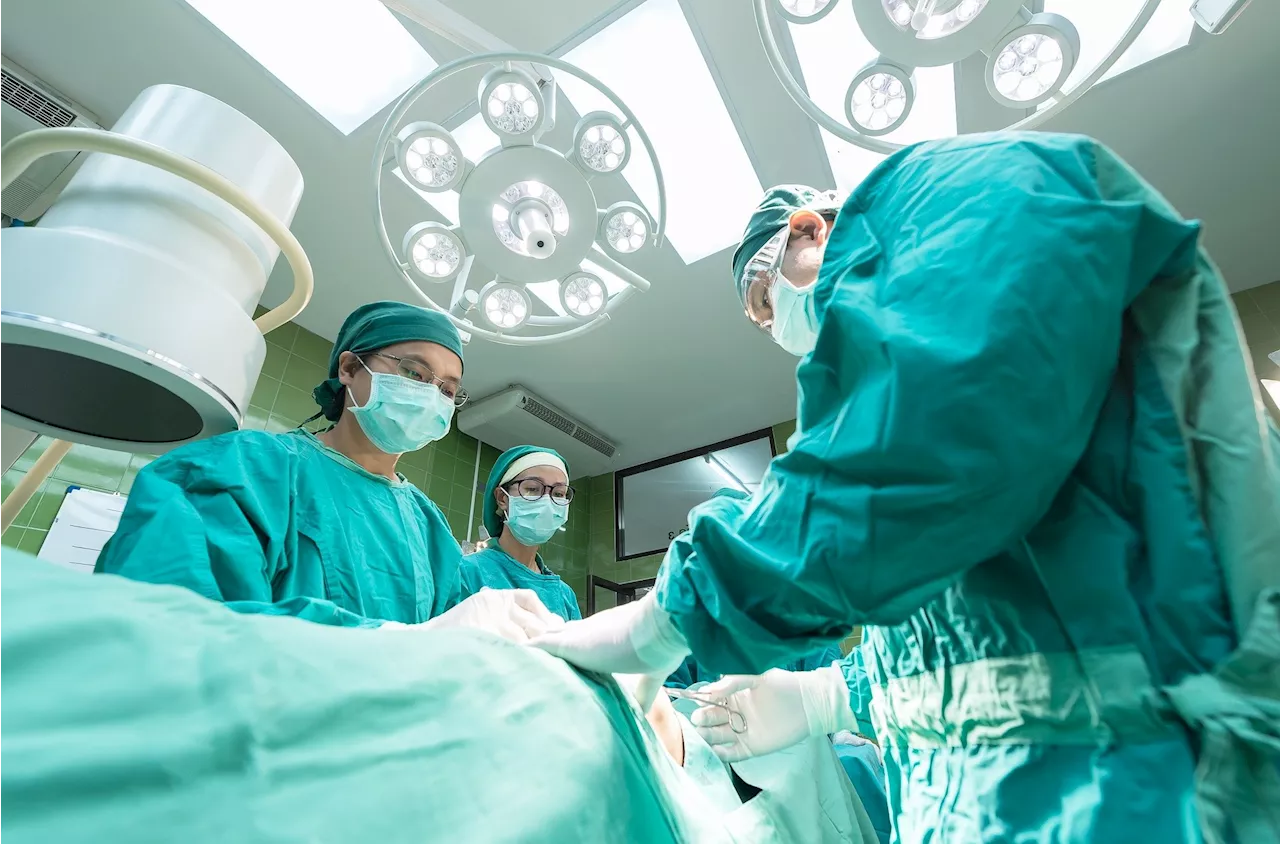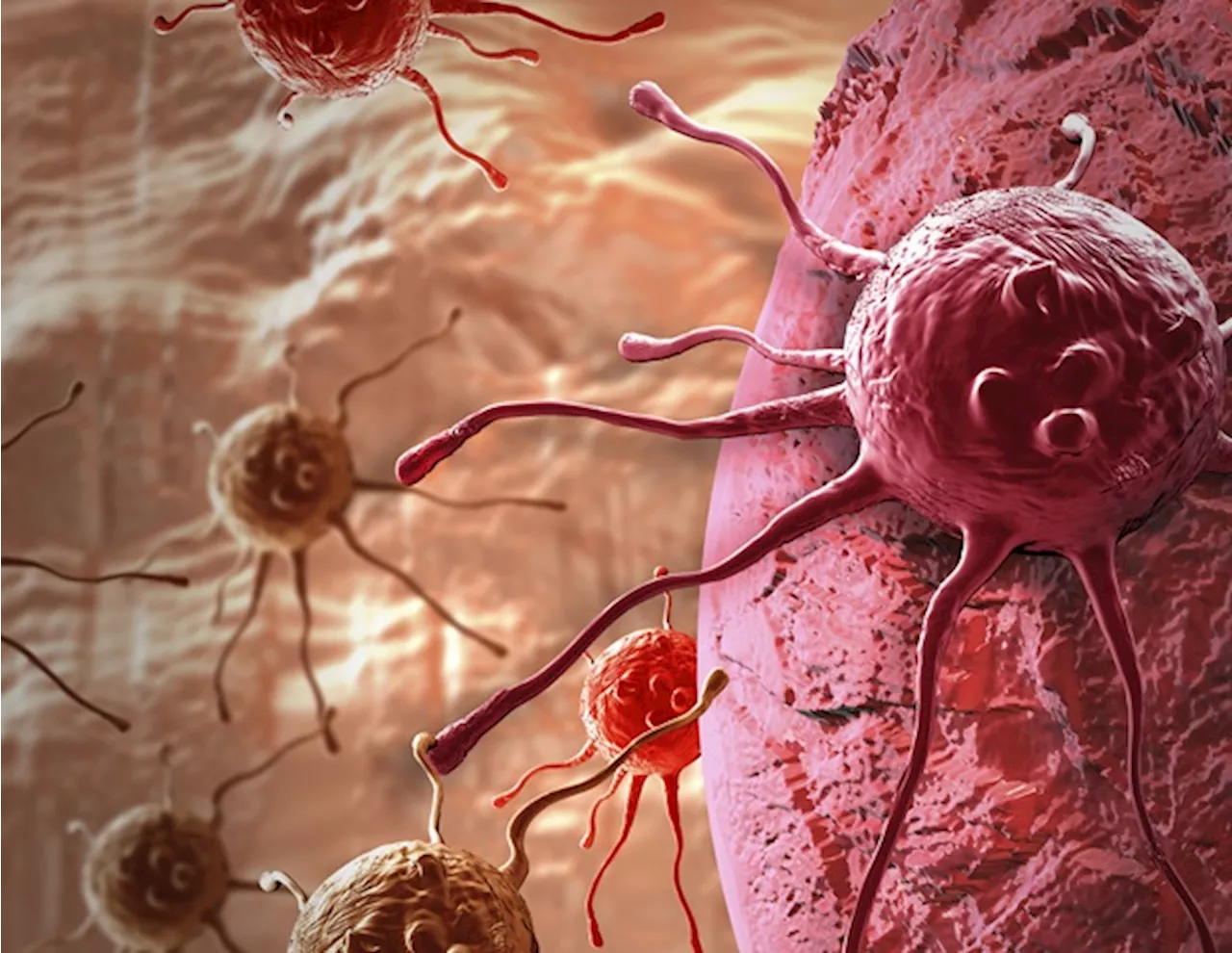Researchers at the Centre for Genomic Regulation (CRG), the University of the Basque Country (UPV/EHU), Donostia International Physics Center (DIPC) and the Fundación Biofisica Bizkaia (FBB, located in Biofisika Institute) have developed an artificial intelligence which can differentiate cancer cells from normal cells, as well as detect the very...
Center for Genomic RegulationAug 27 2024 Research ers at the Centre for Genomic Regulation , the University of the Basque Country , Donostia International Physics Center and the Fundación Biofisica Bizkaia have developed an artificial intelligence which can differentiate cancer cells from normal cells, as well as detect the very early stages of viral infection inside cells.
The resolution of these images is powerful enough for our AI to recognize specific patterns and differences with remarkable accuracy, including changes in how DNA is arranged inside cells, helping spot alterations very soon after they occur. We think that, one day, this type of information can buy doctors valuable time to monitor disease, personalize treatments and improve patient outcomes."
In medicine, convolutional neural networks are used to analyse medical images like mammograms or CT scans and identify signs of cancer that might be missed by the human eye. They can also help doctors detect abnormalities in MRI scans or X-ray images, helping make a faster and more accurate diagnosis.
The nanoscale resolution of the images enabled the AI detect changes in a cell's nucleus as soon as one hour after it was infected by the herpes simplex virus type-1. The model could detect the presence of the virus by finding slight differences in how tightly DNA is packed, which happens when a virus starts to alter the structure of the cell's nucleus.
Laying the groundwork for clinical readiness The researchers have to overcome important limitations before the technology is ready to be tested or deployed in a clinical setting. For example, STORM images can only be taken with specialized equipment normally only found in biomedical research labs. Setting up and maintaining the imaging systems required by the AI is a significant investment in both equipment and technical expertise.
Artificial Intelligence Cell Cell Nucleus Diagnostic DNA Genomic Hair Imaging Microscopy Research Stem Cells Technology Virus
Deutschland Neuesten Nachrichten, Deutschland Schlagzeilen
Similar News:Sie können auch ähnliche Nachrichten wie diese lesen, die wir aus anderen Nachrichtenquellen gesammelt haben.
 Building a better surgeon: Researchers develop artificial intelligence tool for surgical trainingIf you have ever faced the daunting decision of whether to undergo surgery, you likely had several questions. Among the myriad considerations were likely questions about the skill and experience of the person holding the knife.
Building a better surgeon: Researchers develop artificial intelligence tool for surgical trainingIf you have ever faced the daunting decision of whether to undergo surgery, you likely had several questions. Among the myriad considerations were likely questions about the skill and experience of the person holding the knife.
Weiterlesen »
 New £16M body will encourage businesses to embrace AI technologiesThe Artificial Intelligence Collaboration Centre will be headed by David Crozier
New £16M body will encourage businesses to embrace AI technologiesThe Artificial Intelligence Collaboration Centre will be headed by David Crozier
Weiterlesen »
 New treatment boosts pluripotent stem cell production in miceResearchers at the Centre for Genomic Regulation (CRG) have discovered a treatment which accelerates the production and quality of pluripotent stem cells in mice.
New treatment boosts pluripotent stem cell production in miceResearchers at the Centre for Genomic Regulation (CRG) have discovered a treatment which accelerates the production and quality of pluripotent stem cells in mice.
Weiterlesen »
 Plans submitted for new sixth form in Telford Town CentrePlans for the new Sixth Form Centre in Telford Town Centre have been submitted for approval.
Plans submitted for new sixth form in Telford Town CentrePlans for the new Sixth Form Centre in Telford Town Centre have been submitted for approval.
Weiterlesen »
 Researchers establish efficient, cost-effective method for generating endothelial cells from stem cellsThe innermost layer of blood vessels is formed by endothelial cells, which in turn play a role in the development of diseases of the cardiovascular system. Human endothelial cells are therefore required for the 'in vitro' investigation of the causes of these diseases.
Researchers establish efficient, cost-effective method for generating endothelial cells from stem cellsThe innermost layer of blood vessels is formed by endothelial cells, which in turn play a role in the development of diseases of the cardiovascular system. Human endothelial cells are therefore required for the 'in vitro' investigation of the causes of these diseases.
Weiterlesen »
 New genomic predictors of relapse in childhood B-cell acute lymphoblastic leukemia uncoveredScientists from St. Jude Children's Research Hospital, Seattle Children's and the Children's Oncology Group (COG) have identified novel genetic variations that influence relapse risk in children with standard risk B-cell acute lymphoblastic leukemia (SR B-ALL), the most common childhood cancer.
New genomic predictors of relapse in childhood B-cell acute lymphoblastic leukemia uncoveredScientists from St. Jude Children's Research Hospital, Seattle Children's and the Children's Oncology Group (COG) have identified novel genetic variations that influence relapse risk in children with standard risk B-cell acute lymphoblastic leukemia (SR B-ALL), the most common childhood cancer.
Weiterlesen »
